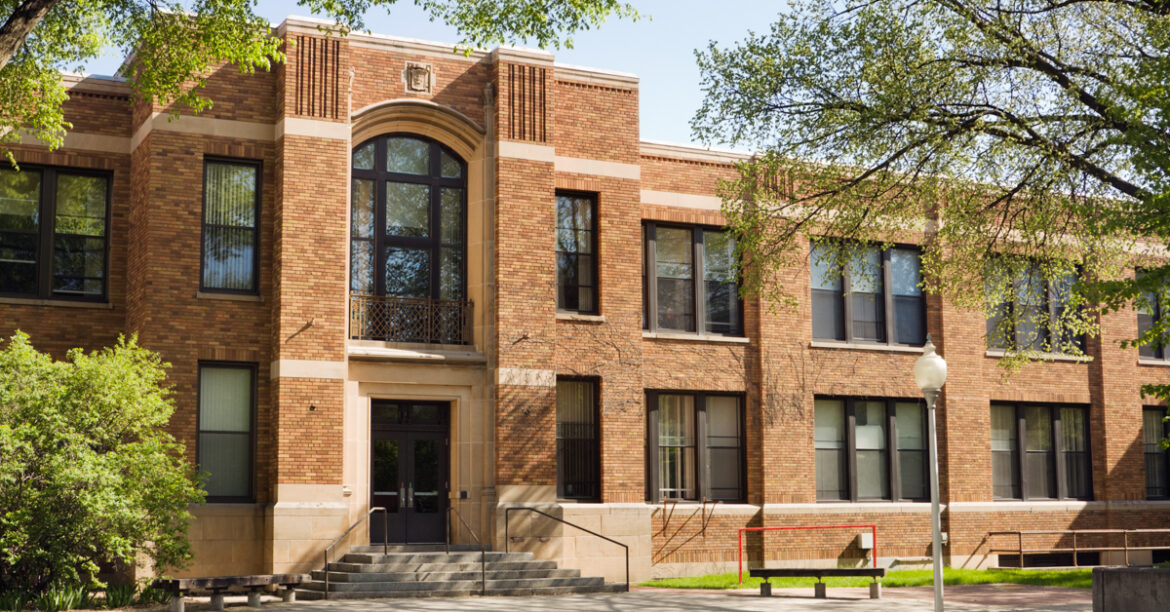The University of Osaka D3 Center and NEC aim to build a wide-area distributed campus AI processing platform that allows compute servers located in various buildings across the campus to connect and utilize pooled high-performance GPUs and SSDs on-demand. D3 Center also plans to offer dedicated storage services for the safe operation and management of sensitive data, such as clinical trial data and genomic information, handled by the Institute of Scientific and Industrial Research and other entities. This platform aims to achieve a secure AI processing platform that can safely utilize sensitive data by combining the strict operation of sensitive data with the dynamic system reconfigurability enabled by ExpEther. This will contribute to improving the productivity of research activities involving sensitive data. Going forward, the organizations will further deepen joint research and contribute to the creation of innovation in academic research.
NEC will organize and resolve technical issues for the application of a remote shared GPU utilization platform based on the knowledge gained from this demonstration, aiming for commercialization of the solution in fiscal year 2026.
NEC will exhibit ExpEther, utilized in this demonstration, at its booth during SC25: The International Conference for High Performance Computing, Networking, Storage, and Analysis, to be held from November 16 to 21, 2025, in St. Louis, USA.
“The wide-area distributed campus AI processing platform currently being built in this demonstration holds significant meaning for the realization of the bioinformatics platform concept promoted by The University of Osaka. Flexible utilization of high-performance computing resources is indispensable for multiple departments and graduate schools to collaborate and advance the analysis of vast amounts of data in the life sciences and medical fields. We expect that its practical application will significantly accelerate cross-departmental collaborative research and large-scale data analysis, as computing environments previously limited to individual laboratories or departments can now be safely and efficiently shared across the entire campus,” said Professor Masateru Taniguchi, SANKEN (The Institute of Scientific and Industrial Research), The University of Osaka.
“This demonstration holds great significance as a potential solution to the challenge of balancing the expectations and interest in AI utilization in the life sciences and medical fields with confidential information management. By on-demand connection and disconnection of securely managed data resources and high-performance computing resources essential for future academic research, we can provide a dedicated secure AI processing platform for any research group. If the handling of sensitive data, which was previously difficult from a data security perspective, becomes possible, it will dramatically increase the productivity of academic research areas using sensitive data at The University of Osaka. This enables the promotion of new research formats for cross-disciplinary and inter-organizational collaboration, where even research using sensitive data can flexibly utilize cutting-edge AI platforms. To realize the bioinformatics platform concept, we will continue to stabilize and expand this platform, leading research innovation across the university,” said Professor Susumu Date, D3 Center, The University of Osaka.


AloJapan.com